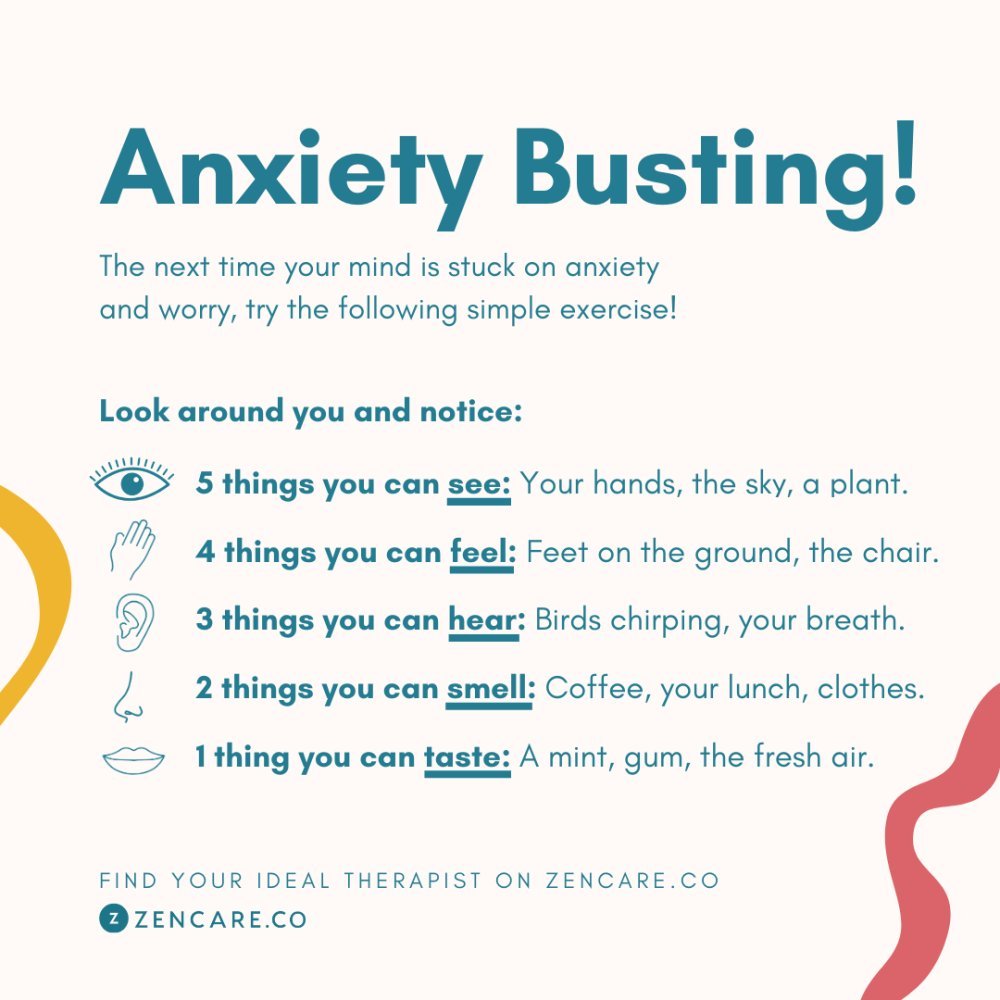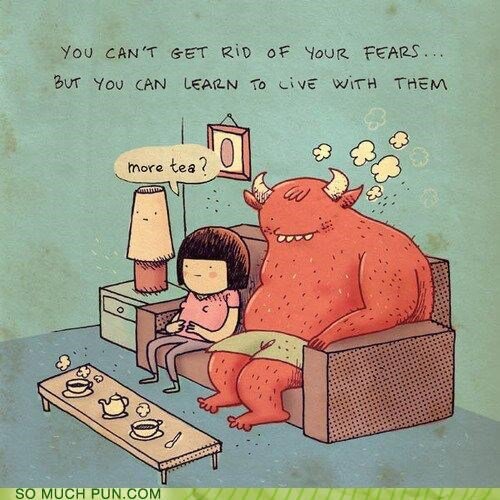
Resilience can get you through life's trials
Resilience can get you through life's trials By Denise Foley December 4, 2007 Survivors of tough times know how to cope ? and you can learn, too Angela Madsen was a military police officer in the U.S. Marine Corps when she injured her back so severely that she had to take an early discharge...
"Developing connections to others may be our most important emotional survival skill."






